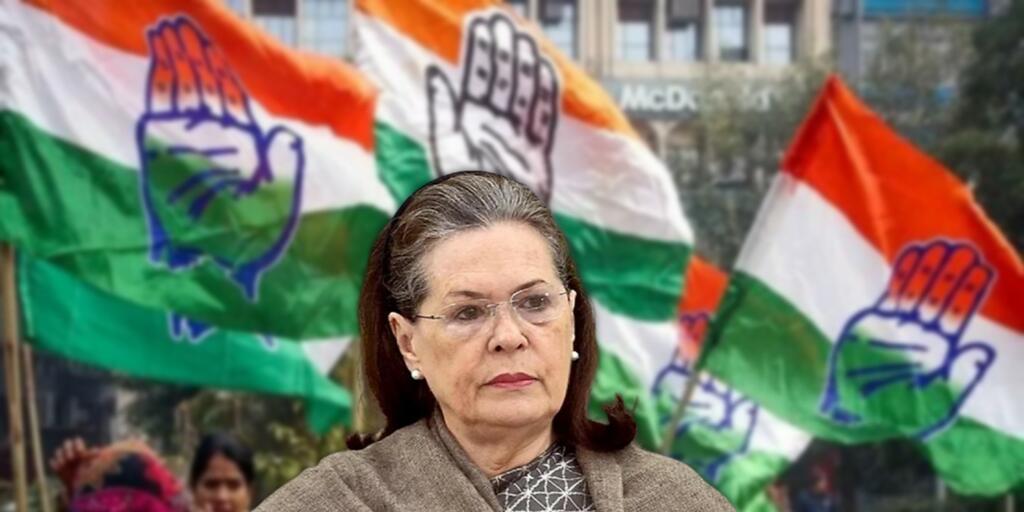Recent debates surrounding the disqualification of Rahul Gandhi, a prominent leader within the Congress party, have sparked controversy and raised questions about fairness and justice. While the Congress has cried foul over his disqualification, it is worth examining the party’s own track record of bending laws and regulations to protect their own interests.
Let’s shed light on a significant incident involving Sonia Gandhi, highlighting the Congress party’s selective approach to preserving power.
The Disqualification that upset Congress
The disqualification of Rahul Gandhi, seen as the unofficial Prime Minister designate by many within the Congress party, has become a contentious issue. The party claims that injustice was done to him by the ruling dispensation, but it is essential to examine their own actions when faced with similar situations.
In 2006, Sonia Gandhi, the then-chairperson of the National Advisory Council, faced potential disqualification from the Lok Sabha due to holding an office of profit. In a move to save face, the Manmohan Singh-led government amended the Parliament (Prevention of Disqualification) Act, effectively changing the rules to exempt her from disqualification.
Also read: The Congress’ Masterclass on Money Laundering- Decoded by FATF report
Jaya shocked, Congress rocked!
During this time, Sonia Gandhi wielded significant influence as the chairperson of the National Advisory Council. This position granted her “extra-judicial powers” over the incumbent Prime Minister, Manmohan Singh. The concentration of power in her hands raised concerns about the democratic principles of checks and balances.
In a striking parallel, Jaya Bachchan, a member of the Rajya Sabha, held the position of Chairperson of the Uttar Pradesh Film Development Corporation. The Congress party, seizing the opportunity, accused Jaya Bachchan of holding an office of profit. Opposition parties retaliated by accusing Sonia Gandhi of the same offense.
The amendment that no Congressman wishes to talk about
Petitions against both Jaya Bachchan and Sonia Gandhi were brought before the Election Commission, questioning their eligibility to hold public office. This set the stage for a crucial legal battle and further exposed the hypocrisy within the Congress party.
On March 16, 2006, Jaya Bachchan was disqualified from her position due to holding an office of profit. Just ten days later, on March 26, 2006, Sonia Gandhi resigned from the Lok Sabha. Interestingly, on March 21, 2006, the Manmohan Singh government drafted a bill to amend the Parliament (Prevention of Disqualification) Act. The amendment aimed to expand the exemption list, protecting 40 additional bodies from disqualification due to the office of profit. In May 2006, following her resignation and the subsequent amendment to the disqualification act, Sonia Gandhi was re-elected to the Lok Sabha, effectively solidifying her position.
Also read: Devegowdas were Congress’ honourable guests until 2 days back. Now, they’re mongrels
The Congress party’s outcry over the disqualification of Rahul Gandhi is marred by its own history of bending laws and regulations to protect its own interests. The case involving Sonia Gandhi’s potential disqualification and the subsequent amendments to the disqualification act expose the party’s selective approach to preserving power. Such incidents raise questions about the party’s commitment to upholding democratic principles and the rule of law. It is imperative to hold all political parties accountable for their actions and demand transparency and fairness in the functioning of our democratic institutions.
Support TFI:
Support us to strengthen the ‘Right’ ideology of cultural nationalism by purchasing the best quality garments from TFI-STORE.COM
